The worst launches in PC gaming history
Concord is the latest game to fall face-first over the starting line.

We've all been excited to play a new game, and we've all had that excitement crushed while suffering through a disappointing and frustrating launch. A lot can go wrong on launch day, even for big games from major studios that have had millions of dollars poured into their development.
While some games eventually recover from their troubled beginnings and go on to become well-regarded hits, others never pull out of their day-one nosedive. Here are the all-time worst game launches in PC gaming history.
Concord
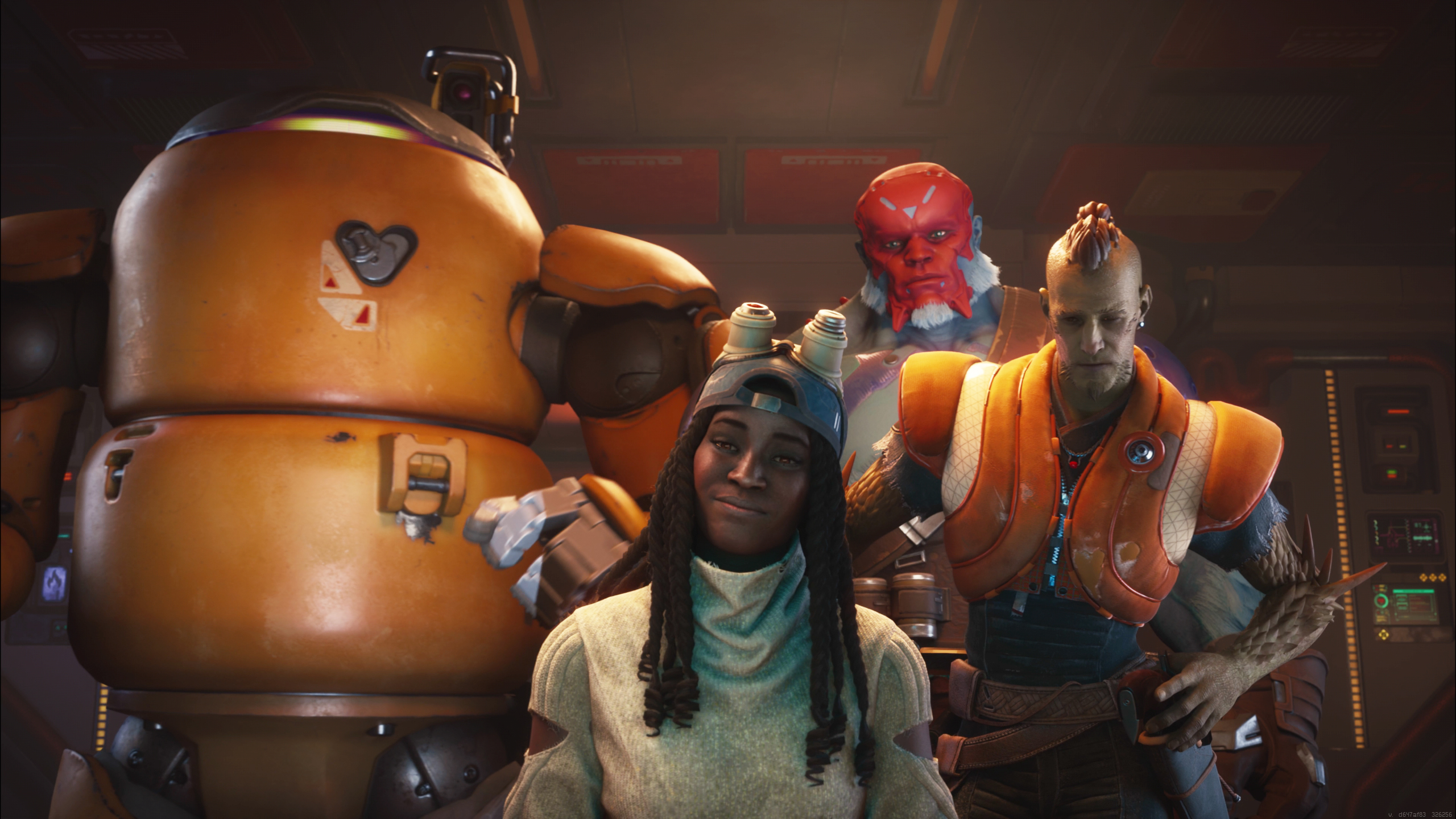
Concord is being shut down this week, barely three weeks after it launched to... well, I wouldn't say it got a terrible reception, more that it got a complete lack of a reception. We don't know how many players Concord had on console, but on Steam it was an absolute disaster for a multiplayer shooter, peaking with a mere 697 concurrent players on August 24, it's second day on sale.
A slow start for a multiplayer shooter is hard to recover from: if players have trouble finding matches at peak times, many will simply stop trying, making it even harder for the remaining players to get into matches. A $40 price tag and "mixed" reviews isn't a great combo, either, when there are free hero shooters like Apex Legends, Overwatch, Valorant, and even Valve's beta of Deadlock to jump into. Our own Concord review describes it as underbaked and overpriced, "out of touch and already out of time."
Even so, a big budget Sony game being shut down in under a month is downright shocking. Developer Firewalk Studios said it will "explore options" as to what to do next, so Concord could come back someday, possibly as a free-to-play game.
The Day Before
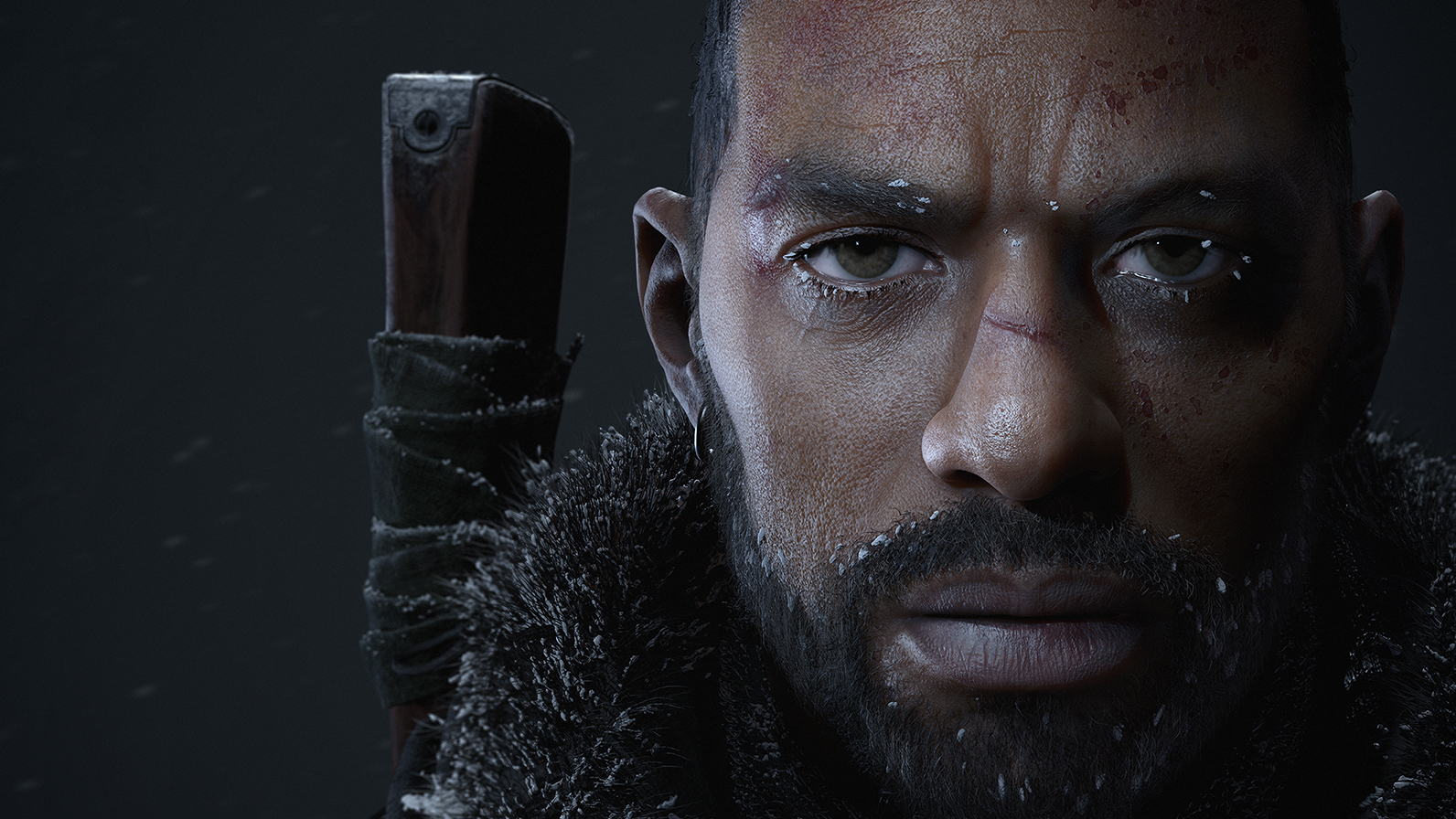
Survival MMO The Day Before had big problems before launch—like disappearing from Steam due to a legal battle with a calendar app—and it was an even bigger disaster after it launched. The open world MMO turned out to, like, not even be an MMO, and was met with overwhelmingly negative reviews.
There wasn't even time to address the game's many problems because developer Fntastic closed shop a mere four days later, first claiming "We miscalculated our capabilities" but then pivoting to a less sympathetic stance by saying: "shit happens" and blaming bloggers.
Keep up to date with the most important stories and the best deals, as picked by the PC Gamer team.
Behind the scenes it all sounds just as ugly as the launch itself, and we've got a big rundown on just about everything that went wrong with The Day Before, from its rise to become Steam's most wishlisted game to the studio shutting down.
Fallout 76
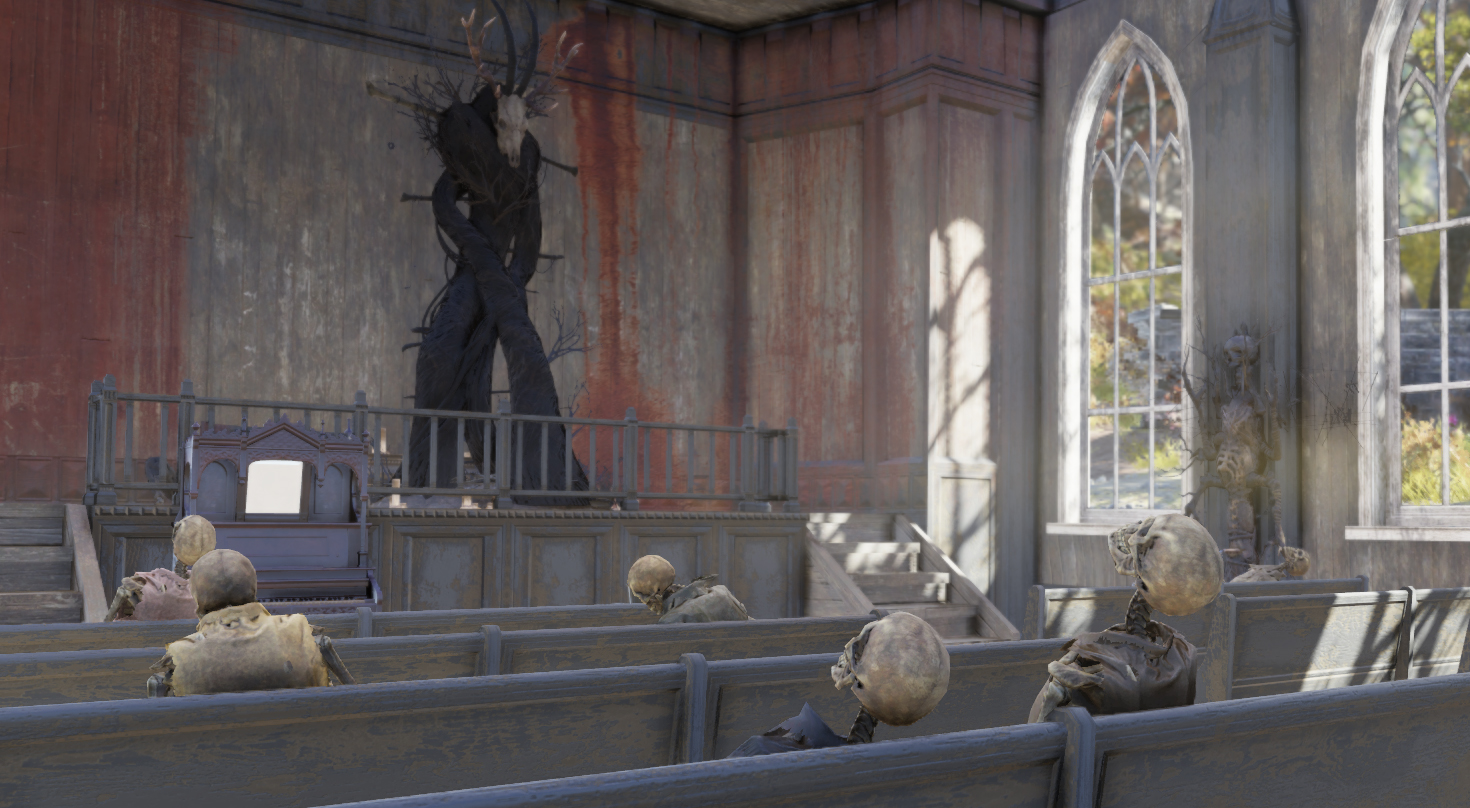
At launch, Bethesda tried to get out ahead of the storm with a warning that there could be "spectacular" bugs in Fallout 76, but glitches—and there were many, both big and small—were only part of the problem. The PC version was missing basic features like text chat and ultra widescreen support, and didn't give players common graphics options like the ability to adjust FOV or disable motion blur and Vsync. There wasn't even a brightness slider.
What's more, many players who had pre-ordered the $200 Power Armor Edition received it late and had to be issued codes by Bethesda to download their game while they waited for the physical copy to arrive. When it did, they found the attractive canvas duffel bag that was supposed to be included with the edition had been swapped for a chintzy nylon sack. How did Bethesda compensate their biggest supporters and spenders for this unannounced downgrade to their Power Armor Edition? With 500 Atoms, which is $5 worth of Fallout 76's microtransaction currency—incidentally, not enough to buy most cosmetic items for the in-game shop.
After a rocky start Bethesda eventually turned Fallout 76 around, adding huge expansions, a new branching dialogue system, NPCs, and lots more. It's now rated "mostly positive" on Steam and as we said earlier this year, Fallout 76 isn't the game it was at launch.
No Man's Sky
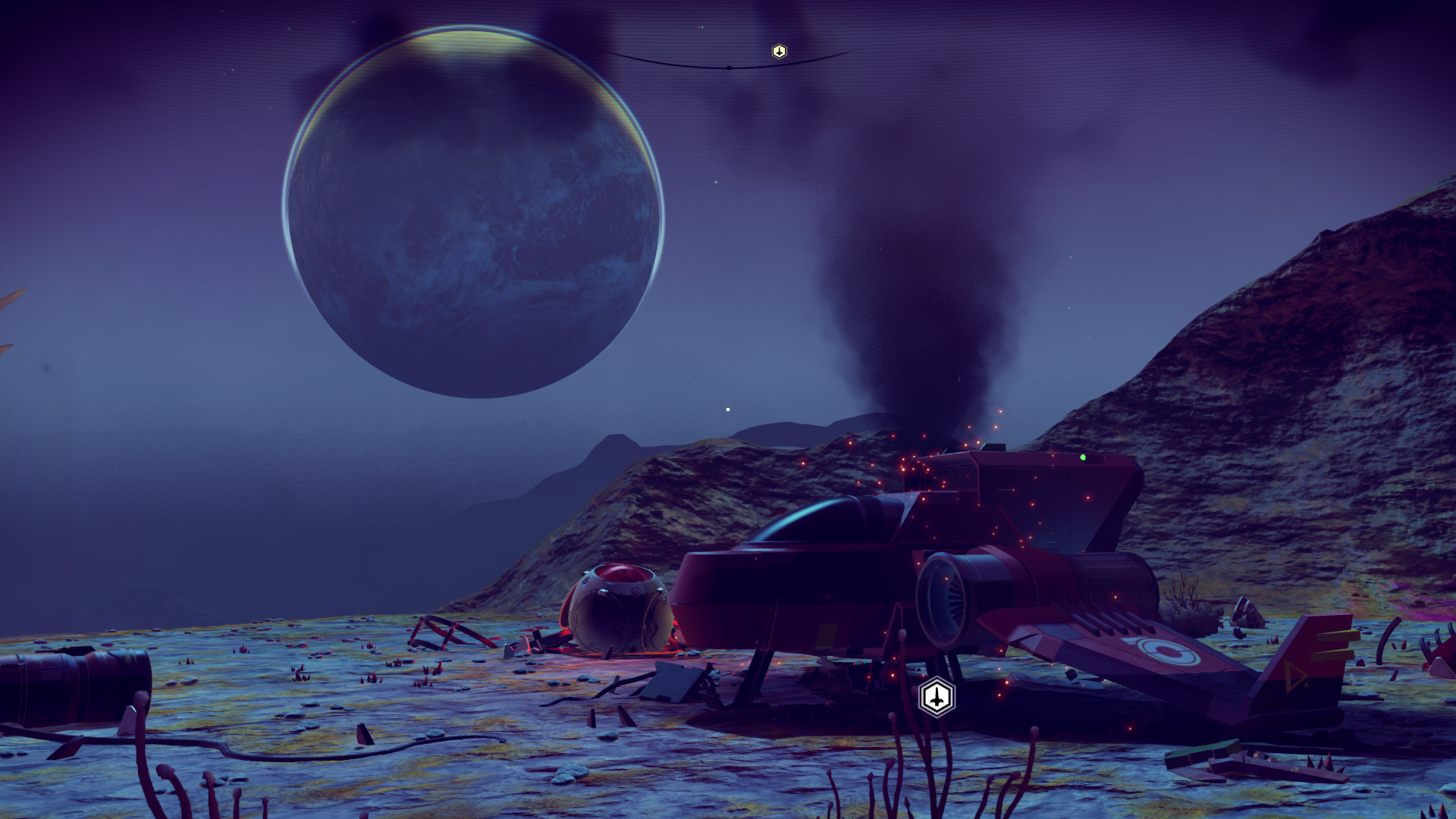
It would have been impossible for No Man's Sky to live up to its pre-launch hype, but even going into it with lowered expectations, many fans were disappointed with the space exploration game's serious launch issues. FPS drops, stuttering, screen-tearing, crashing on startup or when using the galaxy map (meaning players were stuck in a single solar system), the and inability to alt-tab in and out of the game without restarting were among the game's early problems, even after a two-month delay and a big Day 1 patch.
Perhaps most disappointing when players tried to meet and couldn't actually see each other in-game, which ran counter to what we'd been told before the game launched. We only found out much later that the light multiplayer feature wasn't actually included in the game.
The outcry from the community led to months of complete silence from Hello Games, though eventually more patches arrived and several hefty, feature-heavy updates were added, providing players with lots of new ways to play. True multiplayer was even added in the Next update, finally delivering on the original promise of being able to encounter other players in the vast No Man's Sky universe. Free updates for No Man's Sky continue to roll out regularly.
Batman: Arkham Knight
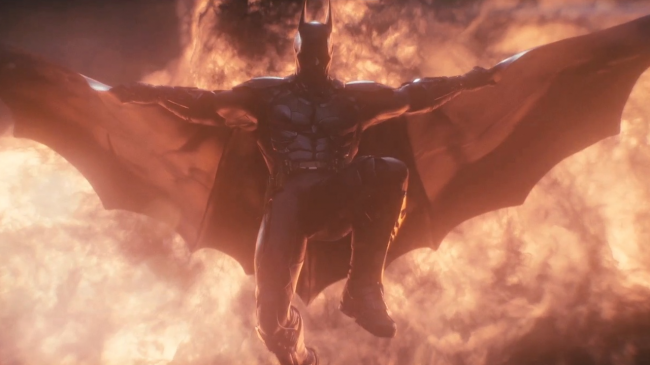
The children's rhyme becomes prophecy: jingle bells, Batman smells, indeed. Warner Brothers released the PC version of Batman: Arkham Knight with more problems than the Riddler has trophies. It was terribly optimized with performance and texture issues, a cap of 30 FPS, and a ridiculously stripped-down options menu. "Normal" and "low" texture settings only? That's too cruel a joke even for Batman's arch-nemesis.
So severe were the game's issues on PC, and so incensed were the customers who purchased it, that WB actually stopped selling the game altogether, yanking it from the Steam store and other online retailers. Months later it reappeared after being patched—though it was still replete with many of the same problems. More patches followed, and Arkham Knight slowly but surely got whipped into fighting shape.
SimCity
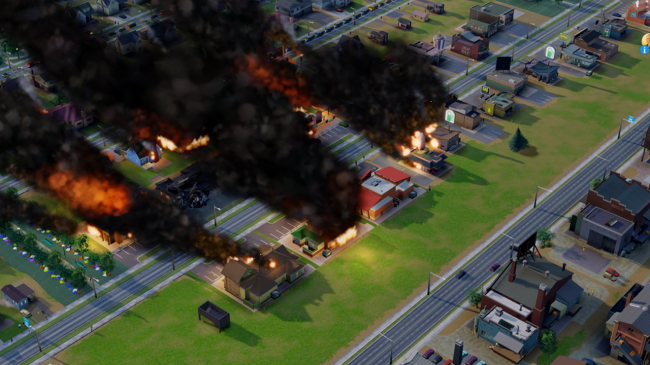
Longtime fans of the Maxis city management series were unhappy with the revelation that you couldn't play 2013's SimCity offline, even if you were playing it alone. This was especially irksome considering the game's multiplayer mode didn't actually involve playing with other people directly.
Of course, this was rendered moot on launch day because the game simply wasn't playable. It didn't work the day after launch day, either, or even well into its first week. Only after EA disabled a number of features were people actually able to regularly connect and play, at which point they got more bad news: city size was strictly limited and the citizen AI wasn't nearly as complex as promised.
The hits continued: after claiming an offline mode was impossible, EA sheepishly added it a few months later. None of these disasters prevented the game from selling over two million copies, however.
The War Z
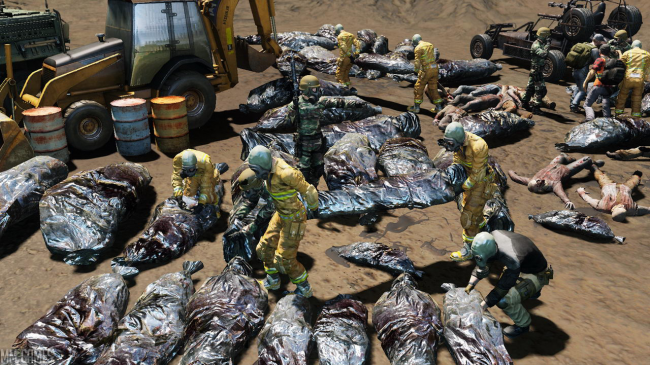
What was wrong with The War Z? Plenty. Whose fault was it? Yours, apparently.
The War Z's Steam page contained descriptive words like "private servers" and "player skills" and "400km maps," and according to the developer, players were foolish to buy the game based on those descriptions and even more foolish for complaining about them. Scores of players were banned, some without cause or explanation, complaints were deleted from the game's forums, and eventually The War Z was yanked from Steam for false advertising.
The War Z, like a particularly persistent coffin dodger, won't stay dead. It popped back up in 2013 with a new name but many of the same old problems.
Assassin's Creed: Unity
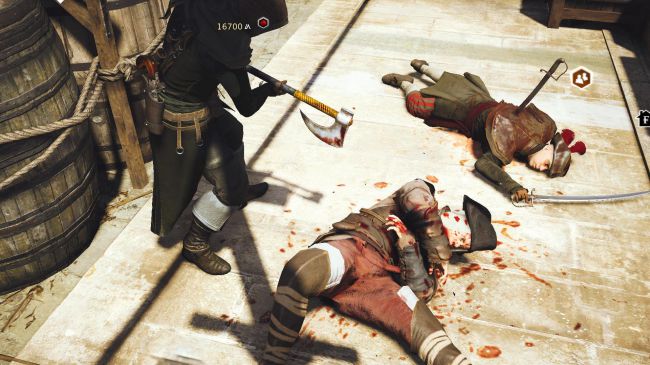
The reports came in quickly. NPCs were missing their faces. Frame rates were terrible. Collision issues meant players were falling through the ground. Co-op play was broken. These were mostly reports from players, mind you, because review embargoes were in place for twelve hours after the game's bug-laden launch. Ubisoft seemed perfectly aware that they'd given birth to a turkey.
The launch was such a disaster Ubisoft eventually cancelled their season pass and offered a free game on Uplay to anyone who'd purchased Unity's DLC. While that seems nice, the fine print in the agreement stated that accepting the freebie meant you can't ever sue Ubisoft over Unity. Now who's got the dagger up their sleeve?
World of Warcraft
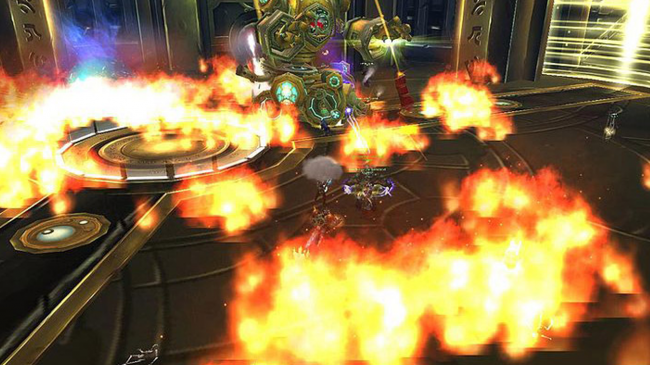
In 2004, with 500 employees and 40 servers, Blizzard prepared for a nice, smooth launch of their fantasy MMO World of Warcraft. Slight problem: they somehow completely misjudged the teeming hordes of excited gamers dying to play. The servers couldn't even come close to handling them.
Players were forced to join queues of thousands of people waiting to get in, and once online were often dumped out and forced to the rear of another lengthy queue. Even doubling the amount of servers didn't do much to help, and the situation grew so dire Blizzard had to stop shipping boxed copies to stores for fear of more people buying them and further swamping the servers.
Overwhelming popularity is clearly, as they say, one of those "good problems," and since its launch WoW has gone on to gross over two hundred dollars. (Plus 10 billion more.) They're still not immune to launch day woes, however: the Warlords of Draenor expansion, released in 2014, treated players to long access queues and server timeouts.
Half-Life 2
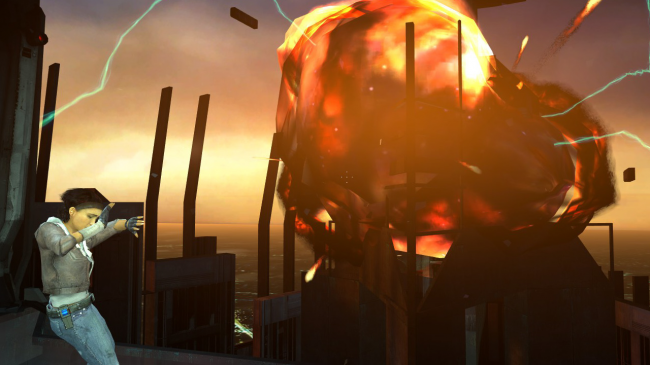
Before Steam became the games marketplace juggernaut it is today, it was simply a way for Valve to feed frequent game updates to its users. That was until they decided to make it a mandatory service for the release of one of the most anticipated titles in PC gaming history: 2004's Half-Life 2.
Valve's servers simply couldn't handle the crowds of people trying to play a game which had already faced years of painful delays. It was especially frustrating for those who had a retail copy and couldn't play it, in some cases until days later, because even a physical copy required online authentication with Steam, and Steam was melting into a puddle.
Even once they could play, many gamers experienced a nasty performance bug that intermittently lowered their frame rates and caused obnoxious audio stuttering, which took months of investigation for Valve to rectify. Rise and shine, Mr. Freeman. Rise and sh-sh-sh-sh-shine.
Diablo 3
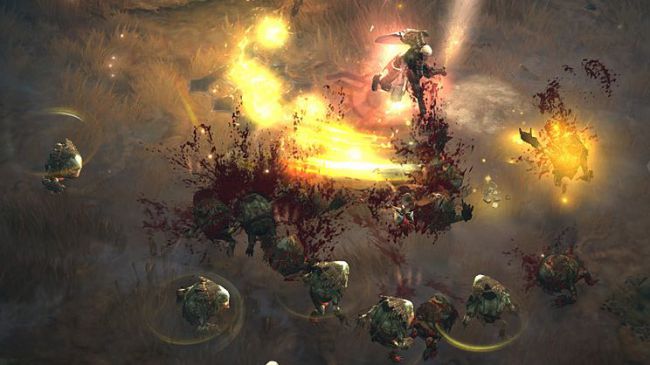
Error 37. Anyone who tried playing Diablo 3 on launch day in 2012 saw Error 37 so often it's probably still burned into their monitors. After waiting more than a decade for its release, Diablo fans simply couldn't play the game when it launched. What did they get instead? Error 37.
It was yet another game with a single-player mode that still required a constant internet connection, and yet another game launch where the servers were largely unreachable for days at a time. Even after later removing the contentious auction houses, which let players simply buy loot instead of killing monsters for it, the game still stubbornly refuses to let you play offline.
APB
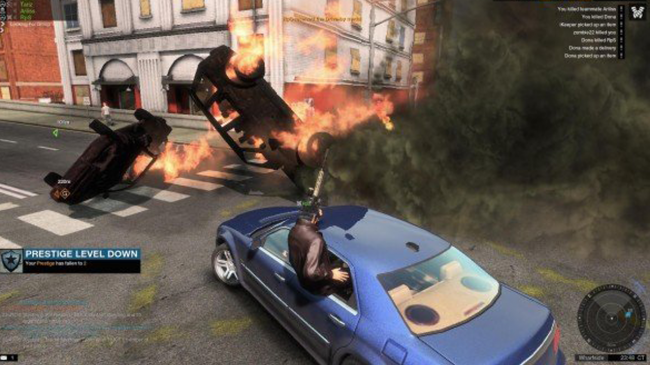
A cops versus crooks MMO sounded like a blast, but in June of 2010, when players jumped into what they hoped would be a massively multiplayer version of Grand Theft Auto, they were roundly disappointed. APB's driving and shooting mechanics felt years out of date, there was no actual turf to fight over, and the city itself was dull as dishwater. Developer Realtime Worlds signaled they were aware of the problems by not-so-subtly setting a review embargo that wouldn't lift until a full week after the game's release.
After dumping $100 million into the game's development, RealTime Worlds quickly went belly up. APB's servers went dark three just months after its launch, though it was resurrected in 2011 and is now free to play.
Final Fantasy 14
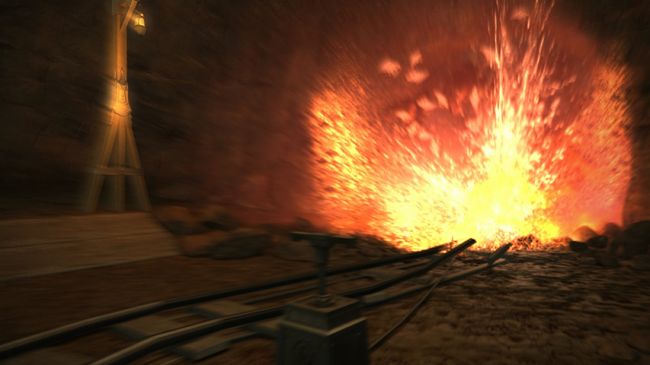
Fourteen games deep into a series, you'd expect launch day to be old hat. Not so for Square Enix. After a shortened beta, concerns that Final Fantasy 14 wasn't ready for release were apparently ignored and players were plagued by dozens of daily crashes at launch. When play was possible it was hindered by a hideous interface, terrible frame rates, and frequent lag. Patches were issued, but they weren't enough to salvage a game plagued with poor design choices.
Eventually, the plug was pulled and the game was relaunched the following year with a new engine, a new server system, and other improvements.
Battlefield 4
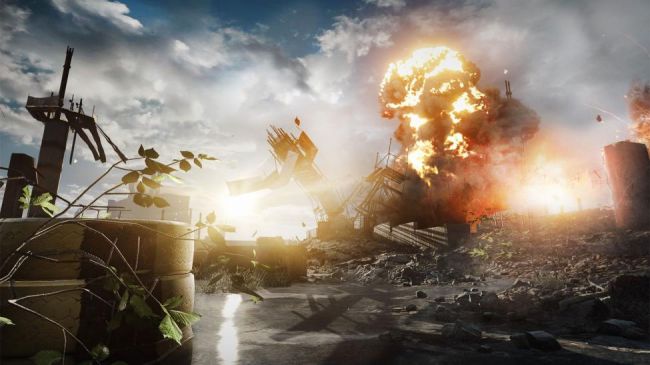
The launch issues for DICE's multiplayer shooter Battlefield 4 were many and varied, from disconnection errors, random crashes and freezes, severe rubber-banding, and troublesome netcode malfunctions that caused bullets to appear to hit one spot but actually land somewhere else. There was even one sniper rifle silencer that, ironically, muted the sound on the entire server.
As weeks passed and patches were released, still more bugs appeared, including one where projectiles would bounce off downed-but-not-dead players, sometimes striking the person who had fired the missile. These issues continued long into the game's release, and DICE finally had to resort to deploying new, more powerful servers to tame the latency problems plaguing 64-player matches, and even offered a week-long double XP event in an attempt to atone for their sins.
Dead Island
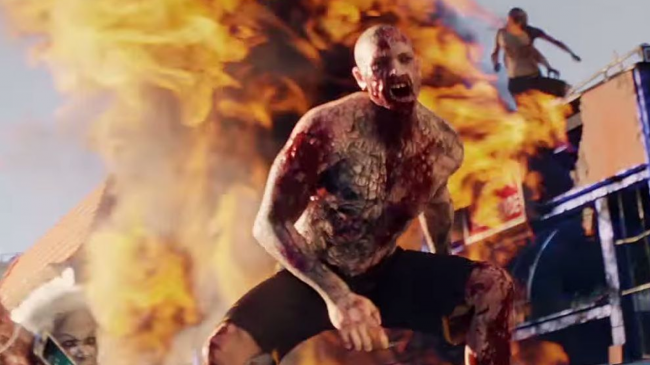
Developers no doubt have a lot on their minds on launch day, and that's never been more evident than when Dead Island was released. Specifically, Techland released the wrong version of Dead Island. Rather than the finished game, a dev build went public: a buggy and unoptimized port with access to scores of cheats that allowed players to walk through walls and become invulnerable.
On top of that, Techland was forced to fix several dozens other issues on day one, including problems with quests, saved games, and graphical glitches.
ArchAge
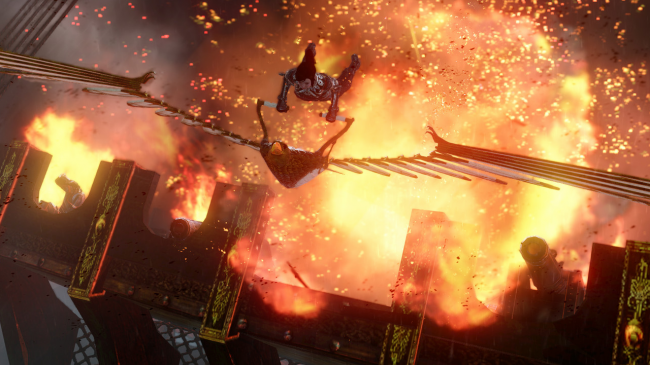
In addition to common MMO launch problems, like lengthy queues to join servers, ArcheAge players quickly discovered another issue. With a fixed number of servers, and a fixed amount of claimable land on each server, all the land had been claimed within hours of the game's launch. The only way for players to acquire land was to buy it from another player, or claim it when a land-holder neglected to pay taxes on it.
This second method turned out to be nearly impossible. The game was released in a highly vulnerable state, allowing hackers to exploit it nearly to death with bots and third-party programs. Automated software allowed cheaters to claim land as soon as a parcel became available, teleporting to it and snatching it up before anyone else could legitimately claim it. Trion responded, eventually, with waves of bans, but for some frustrated players the damage had already been done.
X Rebirth
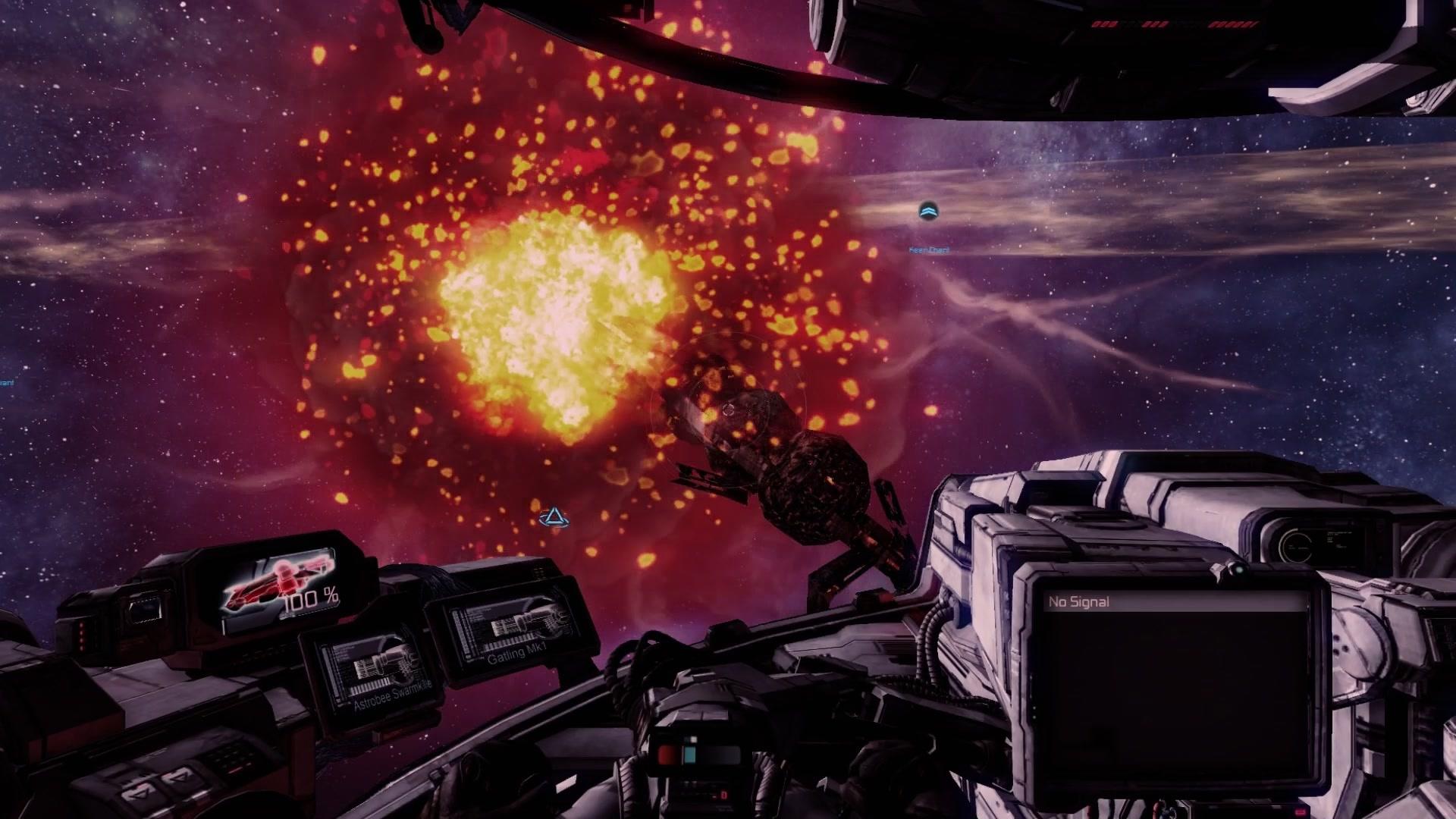
Back in 2005, Egosoft's strategy game X3 launched "infested with enough bugs to warrant a co-marketing agreement with Orkin," according to Gamespy. That included bugs that made the campaign impossible to finish and slowed down your entire PC. But somehow, the more recent X Rebirth topped that mess of a launch. It earned a 39 from PC Gamer and Andy Kelly wrote "there are more bugs and broken missions than I have space to list here, and save-file editing is almost always the go-to solution." And beyond the bugs, it was just bad.
Instead of writing it off, though, X Rebirth developer Egosoft spent years patching it, with more than 30 patches fixing issues and adding loads of new features. Even today, X Rebirth's recent Steam reviews are mixed. It may no longer be broken, but it's still not the X game space sim fans were looking for.
Anarchy Online
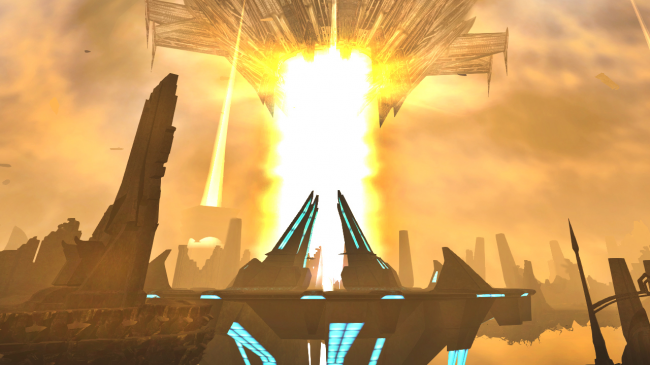
Sometimes everything that can go wrong does go wrong, and Exhibit A is 2001's Anarchy Online. When it launched, some players found that the product keys shipped with their discs were invalid, while others were billed twice for the same registration fee. Crashes were common, servers were often down, and once they were actually in the game, players found there were areas of the world they couldn't even access. Naturally, Funcom's customer service staff were overwhelmed.
Sometimes, however, the worst beginning can still have a happy ending. Funcom spent months fixing Anarchy's problems and offered free trials in an effort to win back fans. The sci-fi MMO is still chugging along today, free to play.
Vanguard: Saga of Heroes
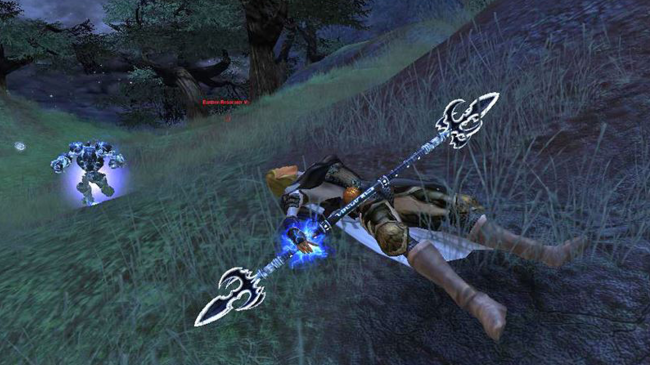
It's one thing for servers to be unprepared for a game's launch and quite another for the game itself to be unprepared. Vanguard, when all was said and done, simply wasn't ready to be played. After acquiring the title, which had struggled through development for years prior to launch, Sony Online Entertainment shoved it out the door before it was fully dressed.
Eager players found themselves wrestling with a huge amount of bugs, including quest-related glitches that required them to abandon characters entirely and create new ones. It was also terribly optimized, heavily taxing players' PCs while providing terrible frame rates. Developers would spend years trying to fix the game, and in July of 2014, Sony shut it down altogether.
Total War: Rome 2
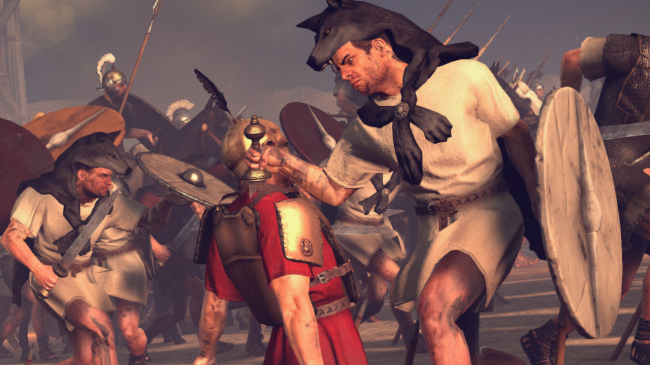
While many enjoyed the strategy and spectacle of Creative Assembly's Total War: Rome 2, others were frustrated by the buggy state of the game at launch. Among the complaints were broken AI, frequent crashes, lousy texture optimization, and poor performance even on PCs that far exceeded the recommended specs. Some players and reviewers even found themselves unable to launch the game at all.
The response was a familiar one: apologies and patches, though one post on Total War's forums from an anonymous user claiming to be a developer, blamed the problems on a lack of pre-launch testing.
Battlecruiser 3000 AD
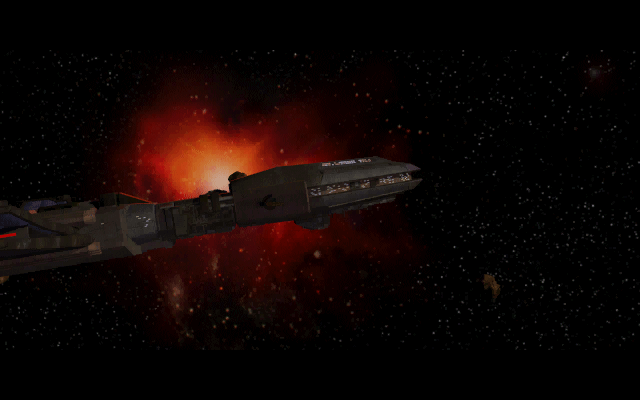
One of the most infamous stories in PC gaming. Derek Smart's Battlecruiser 3000 AD was an ambitious space sim in development for much of the 1990s, hopping from publisher to publisher before Take-Two Interactive bought the rights and released it in September 1996. The version released was nowhere near finished, prompting Gamespot to write "it will go down in legend as the most bug-ridden, unstable, unplayable pieces of software ever released" and scoring it a 2.6 out of 10. Computer Gaming World magazine wrote "Battlecruiser 3000 AD, when it's working, is a big, intricate game with dozens of hours of gameplay and plenty to do no matter how many times you play. I just wish there were any reason, other than sheer intellectual curiosity, to do so."
It crashed constantly. The documentation was unusable. It was a mess. The developers did patch the game up as best as they could, improving it from the unplayable state at launch. But that wasn't the end: Battlecruiser 3000 AD's release actually spawned a lawsuit. Smart sued Take-Two, and got the rights to Battlecruiser back after a settlement. It was later released for free online and followed with a 2.0 version and a sequel.
EVE Online: Trinity
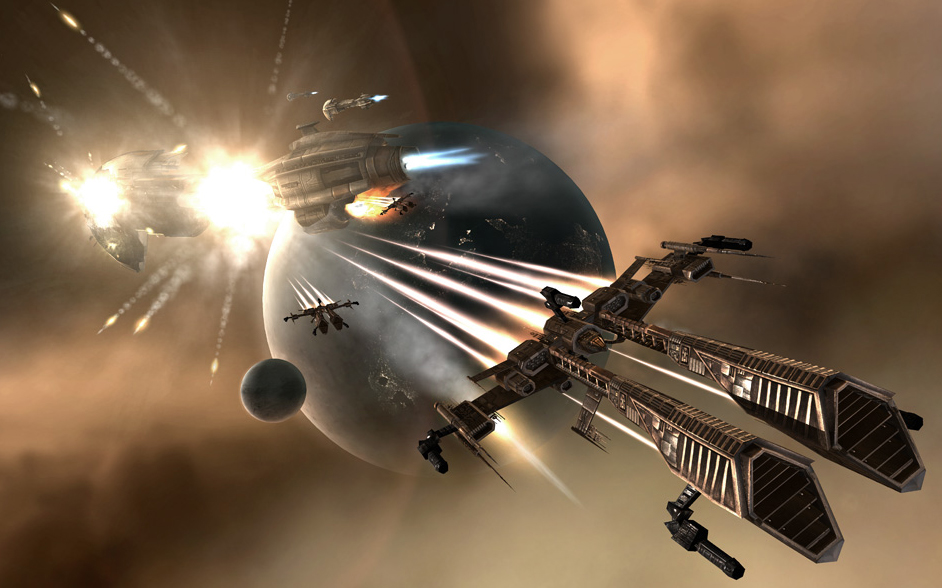
It's one thing for a game to be unplayable at launch. It's another thing for a game to ship with a bug so bad, it stops your PC from properly booting. That is a big whoops. And that's exactly what happened with 2007 EVE Online expansion Trinity, which accidentally deleted the Windows boot.ini file and caused PCs around the EVE galaxy to fail on reboot.
Boot.ini has since become a community in-joke that persists to this day. The bug was so bad it overshadowed some other issues with Trinity which required hotfixes after launch. Compared to breaking your PC, your ship not firing its guns properly was getting off easy.

Chris started playing PC games in the 1980s, started writing about them in the early 2000s, and (finally) started getting paid to write about them in the late 2000s. Following a few years as a regular freelancer, PC Gamer hired him in 2014, probably so he'd stop emailing them asking for more work. Chris has a love-hate relationship with survival games and an unhealthy fascination with the inner lives of NPCs. He's also a fan of offbeat simulation games, mods, and ignoring storylines in RPGs so he can make up his own.

